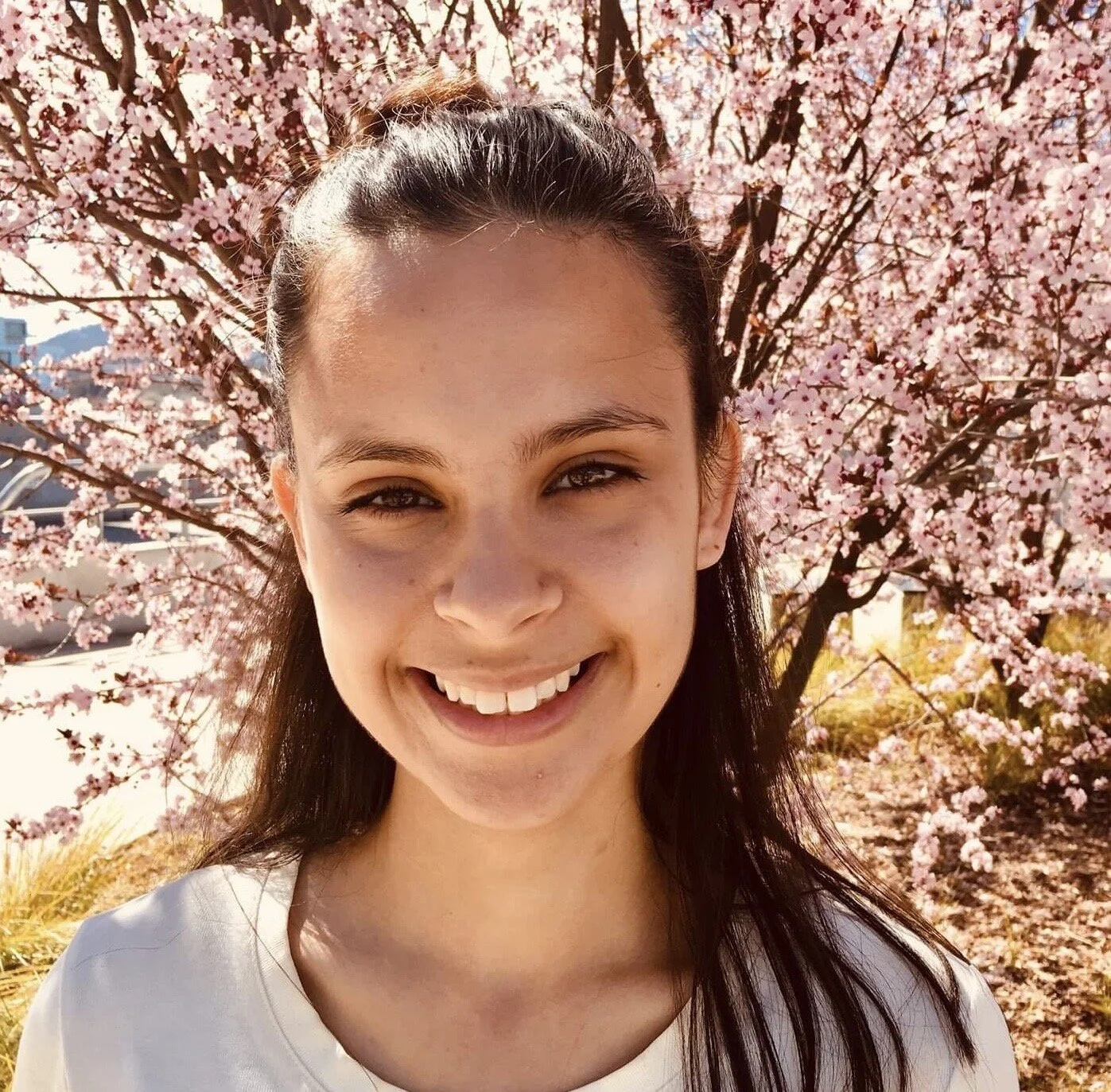Speaking to Beyond
Phoebe Lupton
Dear Aunty, though we never met, let me kneel at the foot of your grave, while friendly family ghosts light incense. I can taste the air in the yard, its upper notes of galangal and red chilli, its lower notes of smoke and blood. I am overheating, but Aunty, you are freezing. Feed me your final breath, cool me down while my head still lies upon concrete, while your bones still keep their shapes.
Can you hear the voices calling in all the languages you speak? Translate them for me, afflict me with their truths.
I’m a little like Anil from Anil’s Ghost, the first book I read by a Sri Lankan author. I, too, am reflected through a ghost. Anil’s character aim was justice, doing her part in the Civil War, though she no longer knew her birthplace. I know my birthplace, different from Anil’s, but I do not know my history, my culture, or my politics. My knowledge is abstract, an opaque tapestry.
If Derrida says we are haunted by injustices, then I say, Aunty, you’re the ghost of injustice. If Fisher believes the future is cancelled, then I believe its cancellation began before your birth.
Dear Aunty, dear Achi, dear spirits, dear young ones – I once was told I was next in line to become a spirit, a final girl. You may look like friendly ghosts, but really you are spectres. Like colonial debris, like beached genders of patriarchy.
I remember that house of the dead in Malacca. The ages engraved nearly made me cry. Aunty ghosts are one thing but tiny ghosts, would-be cousin ghosts are another.
Your skeleton belies signs of theft. I’m learning of your home invasion. I had one too, but it came and went quickly like the South Asian winds that hover one centimetre above our skins. You couldn’t say I lost anything. Jewels, devices, clothes all left intact.
Another Aunty told me that the spirits saved face. The face would always precede the mind or the heart. This means my father was raised among the spirits without even knowing. This means I was raised among the spirits without even knowing.
A researcher called Chee Hong Ng spoke of stigma as a cut, a slash, a burn, a scar, ‘a sign of infamy or disgrace’. Another ‘researcher’ called Google told me that stigma is on Christ’s body, but I don’t think you believe in Christ. Further Google searches conclude that stigma is a spot. Stigma is a blemish. Stigma is sickness itself. How does stigma work with sickness when sickness pre-exists?
It haunts you and your skin cracks open, leaving lesions and cysts that can’t be cured. Now, I wish I could bring you some honey, an anti-inflammatory topical salve. I’ll apply it to my chest, press myself against your corpse and the sweetness will scare the spirits away.
Phoebe Lupton likes writing, dislikes living under capitalism, and wishes to heal people. She is a Eurasian-Australian settler on unceded Ngunnawal/Ngambri land. Phoebe is interested in speculation and documentary poetics as means to imagine a just world. You can read more of their writing in Kill Your Darlings, Baby Teeth Journal, Spineless Wonders, Voiceworks and more.
Favourite sea creature
Honestly? Fish. Any and all kinds of fish. I believe that fish are the backbone of the oceans and the earth, and we would be a much poorer planet without them.



